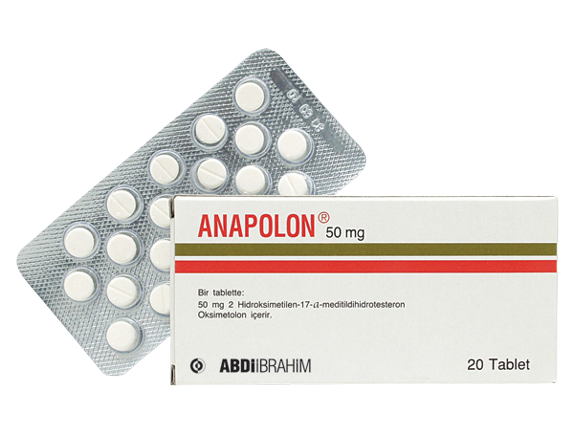Erlotinib tablets 100mg 30’ct
Erlotinib 100 mg tablets are white, round, film-coated tablets imprinted with “TEVA 7663”. They are available in 30-count bottles.The recommended daily dose for pancreatic cancer is one 100 mg tablet taken once daily with gemcitabine. Erlotinib is also indicated for metastatic non-small cell lung cancer (NSCLC) with EGFR exon 19 deletions or exon 21 (L858R) mutations.Common side effects include diarrhea, dry skin, muscle/joint pain, mouth sores, and unusual hair growth or hair loss. Patients should take erlotinib on an empty stomach, at least 1 hour before or 2 hours after a meal. Grapefruit and juice should be avoided.
Mechanism of Action
- Erlotinib is a tyrosine kinase inhibitor that targets the epidermal growth factor receptor (EGFR).
- It binds to the intracellular catalytic domain of EGFR, inhibiting EGFR autophosphorylation and downstream signaling pathways.
- This inhibition leads to cell cycle arrest and apoptosis in EGFR-expressing cancer cells.
Description
Erlotinib 100 mg tablets are white, round, film-coated tablets imprinted with “TEVA 7663”. They are available in 30-count bottles.The recommended daily dose for pancreatic cancer is one 100 mg tablet taken once daily with gemcitabine. Erlotinib is also indicated for metastatic non-small cell lung cancer (NSCLC) with EGFR exon 19 deletions or exon 21 (L858R) mutations.Common side effects include diarrhea, dry skin, muscle/joint pain, mouth sores, and unusual hair growth or hair loss. Patients should take erlotinib on an empty stomach, at least 1 hour before or 2 hours after a meal. Grapefruit and juice should be avoided.
Mechanism of Action
- Erlotinib is a tyrosine kinase inhibitor that targets the epidermal growth factor receptor (EGFR).
- It binds to the intracellular catalytic domain of EGFR, inhibiting EGFR autophosphorylation and downstream signaling pathways.
- This inhibition leads to cell cycle arrest and apoptosis in EGFR-expressing cancer cells.
Pharmacokinetics
- Erlotinib is rapidly absorbed after oral administration, with peak plasma concentrations reached in about 4 hours.
- It is extensively metabolized by CYP3A4 and CYP1A2 in the liver, with the major metabolite being OSI-420.
- Erlotinib has a terminal half-life of approximately 36 hours.
- Absorption is decreased by concomitant administration of drugs that increase gastric pH, such as proton pump inhibitors.
Indications
- Erlotinib is approved for the treatment of:
- Metastatic non-small cell lung cancer (NSCLC) with EGFR exon 19 deletions or exon 21 (L858R) mutations
- Locally advanced, unresectable or metastatic pancreatic cancer, in combination with gemcitabine
Dosing
- The recommended dose for NSCLC is 150 mg taken once daily.
- For pancreatic cancer, the recommended dose is 100 mg taken once daily in combination with gemcitabine.
- Erlotinib should be taken on an empty stomach, at least 1 hour before or 2 hours after a meal.
Adverse Effects
- Common adverse effects include rash, diarrhea, fatigue, and decreased appetite.
- Serious adverse effects include interstitial lung disease, hepatotoxicity, and renal failure.
key ingredients of erlotinib are:
- Erlotinib Hydrochloride:
- Erlotinib is the active pharmaceutical ingredient in the drug product.
- It is a quinazolinamine with the chemical name N-(3-ethynylphenyl)-6,7-bis(2-methoxyethoxy)-4-quinazolinamine hydrochloride.
- Erlotinib hydrochloride has a molecular formula of C22H23N3O4·HCl and a molecular weight of 429.9.
- Excipients:
- The erlotinib tablets are film-coated and contain the following inactive ingredients:
- Lactose monohydrate
- Microcrystalline cellulose
- Sodium starch glycolate
- Sodium lauryl sulfate
- Magnesium stearate
- Opadry II Yellow
- The erlotinib tablets are film-coated and contain the following inactive ingredients:








Reviews
There are no reviews yet.